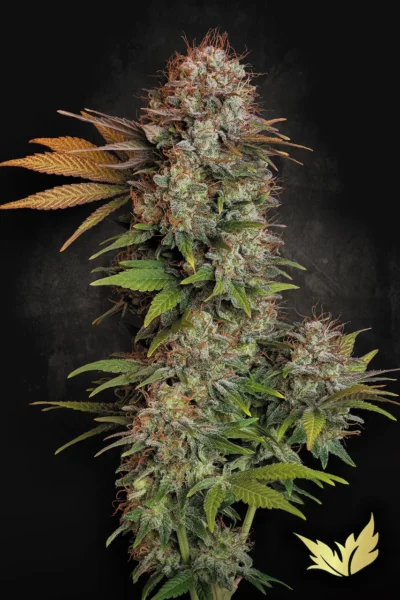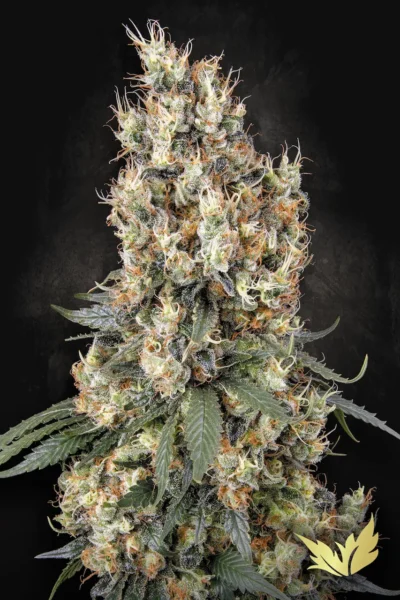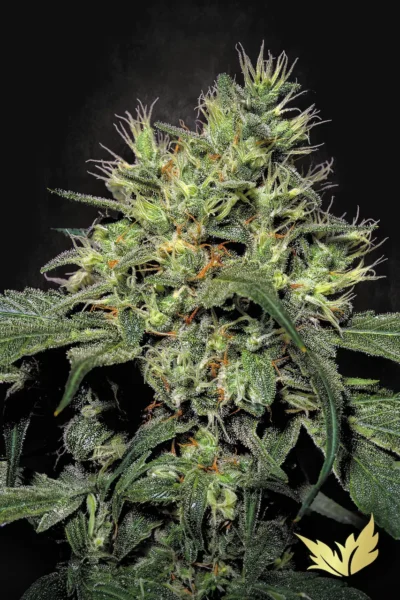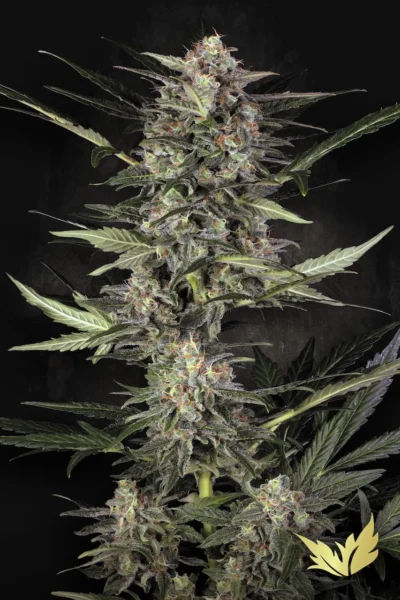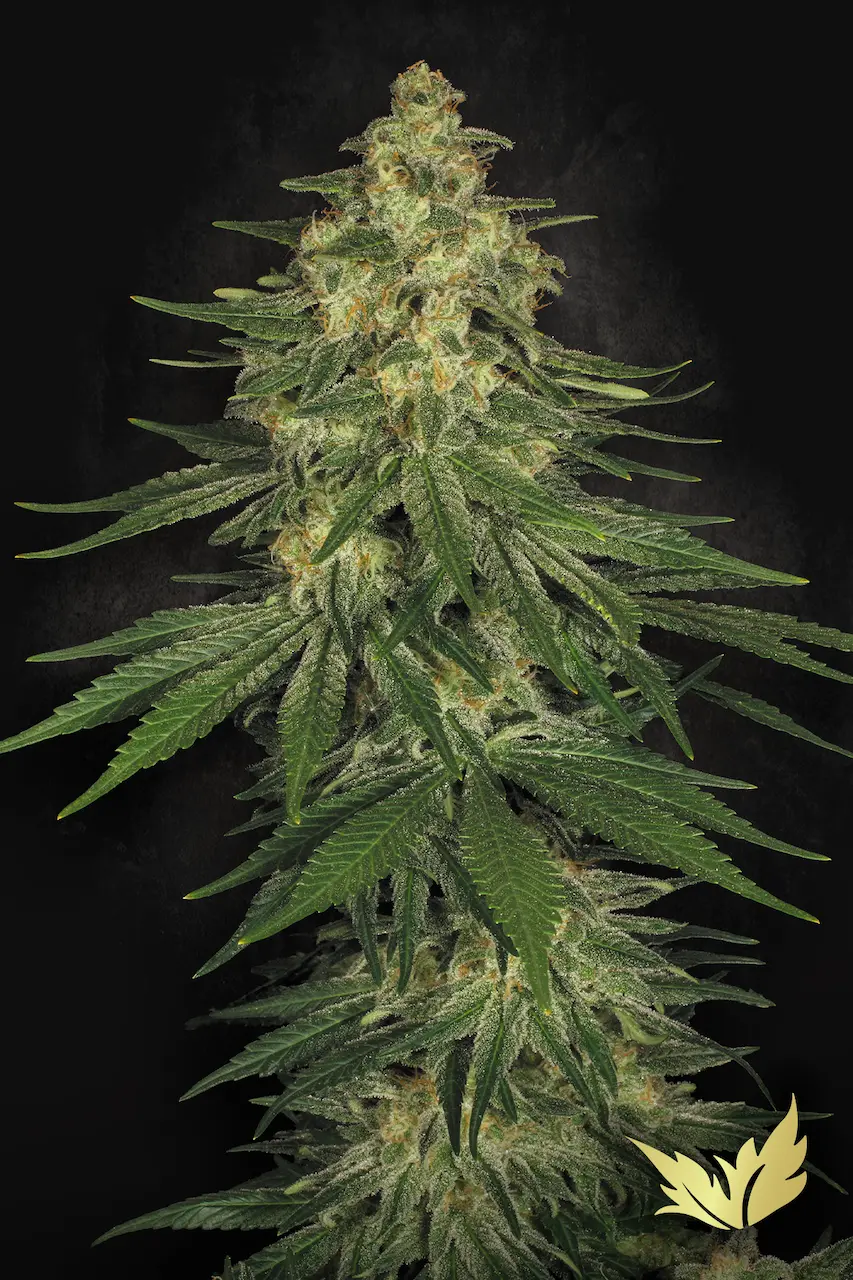The Canadian government has announced new legislation to make weed legal in 2018. What will this mean and what are the lessons that cannabis activists can learn for changing political minds about cannabis policy…
Let’s start this blog with an invitation to sing! Why? Because we should celebrate the nation of Canada, which lights the way ahead for all of us who seek the way of hope, truth and freedom for our beloved cannabis plant.
So join with us now, open a window, and loudly sing the anthem “O-Canada! Our home and native land…”
Ok, now close the window, ignore the sound of your neighbour shouting, stop the dog from howling and read on!
In April, the Canadian government took the bold step of introducing the legislation that will result (if, as expected, it is approved by parliament) in legal marijuana being available for sale in 2018.
This is a landmark decision, because Canada will become the second country in the world to legalize weed (the first was Uruguay) and the first of the G7 countries.
What will legalization mean?
While the details have to be decided, these are the early assumptions about the 2018 legalization:
- Cannabis will be legal to buy for over-18s (although some provinces may set a higher age limit).
- Each household will be able to legally grow 4 plants.
- Licensed retailers will be able to supply cannabis for consumption by the public.
- Possession of 30 grams (just over an ounce) will be legal.
- Marijuana prices will be set by the government, in agreement with the provinces.
However, there is still a great deal of uncertainty involved with this shift to legalization. The Government will want weed and hash supply restricted to licensed suppliers and black market growers will be targeted by law enforcement. Such regulation will not be popular with many in the cannabis community who will see this policy as an excuse for big business to muscle in on the scene.
What can we learn from Canada’s legalization?
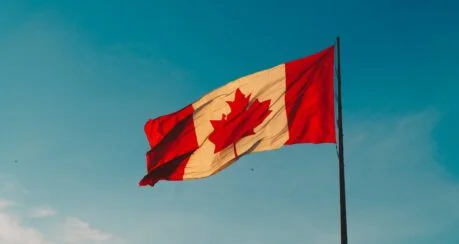
However, in the whole scheme of things, legalization looks a lot prettier than criminalization! Governments all over the world will be watching closely, and there are also lessons for cannabis activists out there too.
As well as eliminating the criminal element profiting from black market supply, Canadian president, Justin Trudeau, has talked about the need to ‘protect our kids’.
This is an important goal for his legalization policy and was highly influenced by the pressure exerted by the Canadian NORML Women’s Alliance, which set up in 2012 and lobbied Trudeau hard while his Liberal party was in opposition.
Alliance members also lobbied women MPs and they kept their message simple; “If you are about the children then you have to regulate,” President, Sandra Colasanti, told Weed World magazine last year. “We argued that regulation would get rid of the criminal element and the black market… It was a message that had a lot of common sense behind it and slowly that message started to get through.”
The constant hassle, using this very simple message, slowly began to turn opinion, political and public, around, attracting social and traditional media interest in 2014.
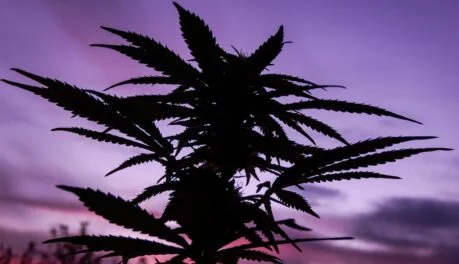
When the Liberals unexpectedly won the election in 2015 (from third place to power with a jump from 32 to 184 seats), cannabis legalization was on the manifesto and the rest is history.
The lesson to learn here is that people can make a change. Activism is a marathon, not a sprint, and change rarely takes place overnight.
If you want to do something about the cannabis laws in your country, the one place that legalization opponents want you to be is on your couch, smoking a bowl and watching shit on the TV or the internet.
Get up, get active, get changing!
-
🏆 Sale!
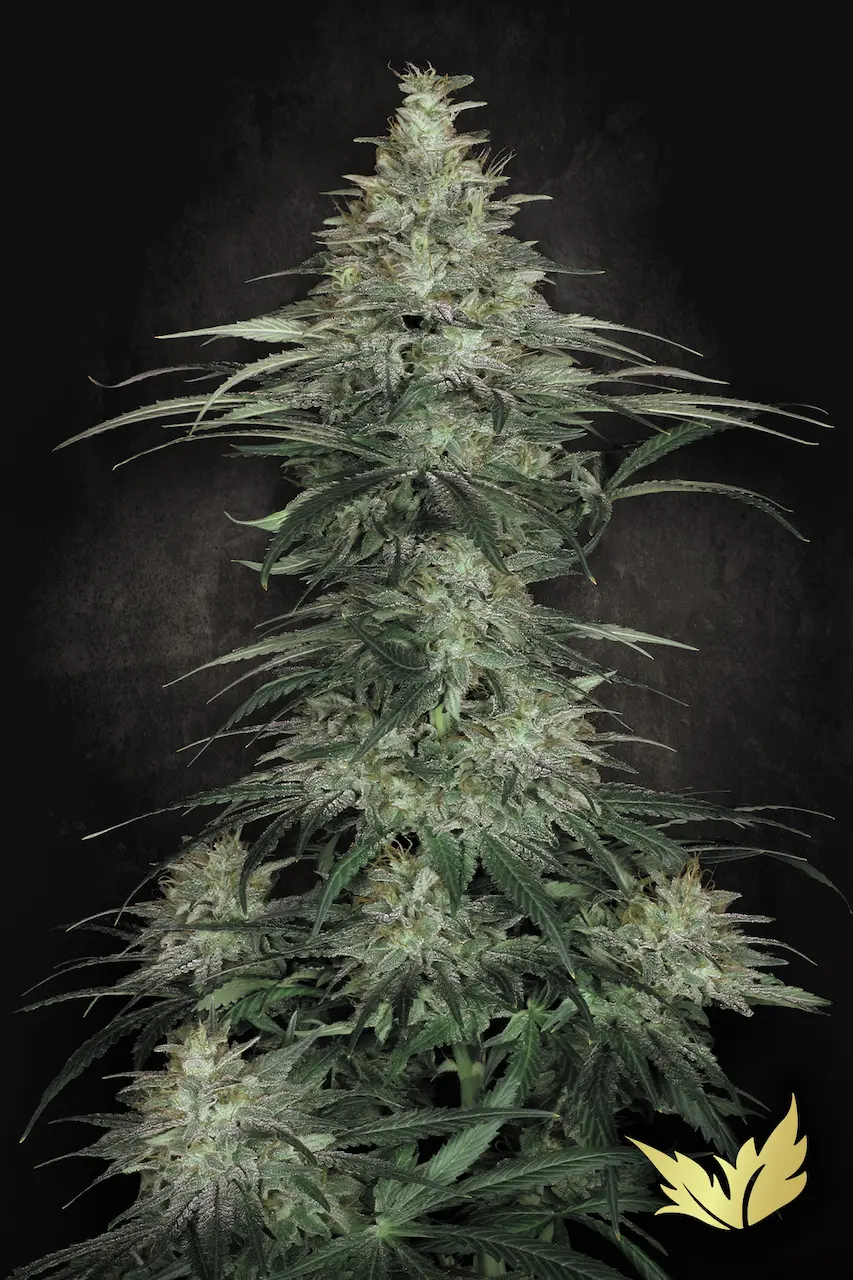
€39.50 – €108.00
€29.63 – €81.00 Select options This product has multiple variants. The options may be chosen on the product page -
€35.50 – €96.50 Select options This product has multiple variants. The options may be chosen on the product page
-
€29.50 – €79.00 Select options This product has multiple variants. The options may be chosen on the product page
-
€22.50 – €59.50 Select options This product has multiple variants. The options may be chosen on the product page
-
€25.50 – €69.50
€19.13 – €52.13 Select options This product has multiple variants. The options may be chosen on the product page -
€29.50 – €79.00 Select options This product has multiple variants. The options may be chosen on the product page



